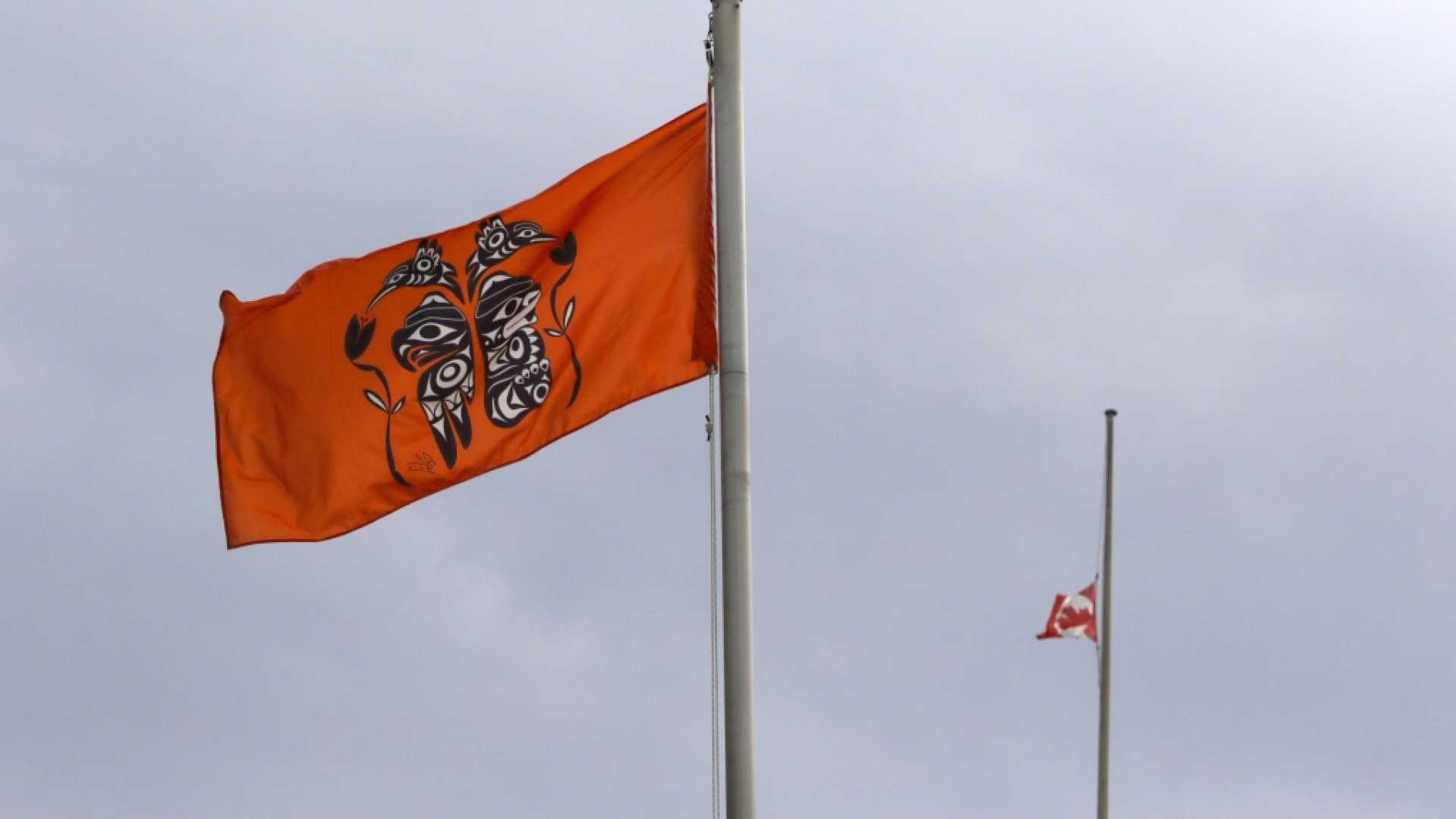News
Eddy Charlie: A Journey from Trauma to Healing and Advocacy

Sixty years ago, Eddy Charlie, at the tender age of four, embarked on a significant walk through the vibrant forests of the Cowichan People’s traditional territory, hand in hand with his grandfather, Alby. Speaking in the Hul’q’umi’num language, his grandfather imparted wisdom about the interconnectedness of nature and humanity. This lesson was meant to prepare Charlie for a life-changing ordeal he would soon face.
A few months later, following his grandfather’s death, Charlie was forcibly taken to Kuper Island Residential School. Reflecting on this period, Charlie states, “How can you forget? It’s branded into my brain. It’s a scar I will carry for the rest of my life.” At this institution, he endured severe abuse, including an incident where he was gravely injured by a falling log—a deliberate act he now acknowledges. While hospitalized for six months, the experience marked a turning point in his life, eventually leading him to various foster homes due to behavioral issues.
Charlie’s childhood was fraught with challenges, including exposure to violence and alcoholism within his family and community. By age nine, he turned to alcohol to cope with the traumas haunting him. “I drank to black out what I could see inside my head,” he explains. This struggle led him to live on Vancouver streets as a teenager, grappling with homelessness for a semblance of refuge from violence.
Charlie’s journey to sobriety began with a pivotal realization while imprisoned for assaulting a close friend. He recalls, “In there I thought, ‘He was my only true friend… that’s just so messed up.'” This awakening prompted him to quit drinking and seek a new path forward. After a career in construction ended due to an accident, he enrolled in Camosun College’s Indigenous Family Support Program despite experiencing racism on campus.
Encouraged by Indigenous elders and a classmate, Kristin Spray, Charlie found his voice as an advocate for fellow survivors, co-founding Orange Shirt Day in Victoria. This initiative seeks to commemorate residential school survivors, coinciding with the National Day of Truth and Reconciliation on September 30. “I don’t want children to grow up in a world of alcohol and violence,” Charlie asserts.
Charlie’s advocacy was initially met with resistance within Indigenous communities, stemming from his turbulent past and the overall reluctance to revisit painful histories. However, through perseverance alongside Spray, more survivors have gradually come forward to share their stories, fostering healing and understanding. “People who despised us and told us we shouldn’t do this now are going to their grandchildren’s schools and sharing their stories,” Charlie notes with emotion.
As Orange Shirt Day continues to expand, Charlie’s vision remains clear: He aims to end the cycle of intergenerational trauma affecting Indigenous and non-Indigenous communities alike, encouraging all to listen to survivors’ narratives as a form of healing. “We are cleaning out all the ashes from an old fireplace. It’s time we build a new fire and feel the warmth of community again,” he says, hopeful for a future of reconciliation and renewal.












